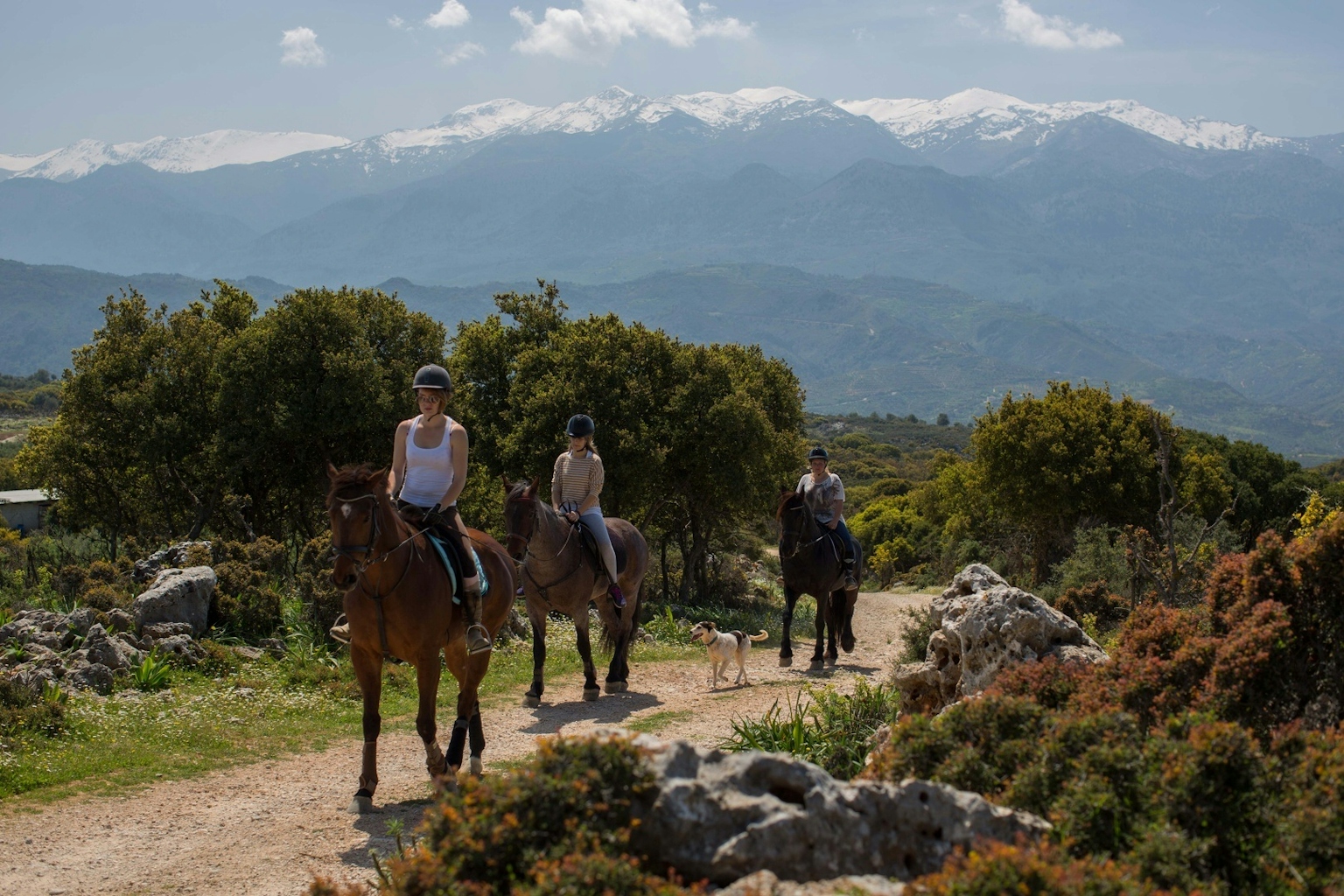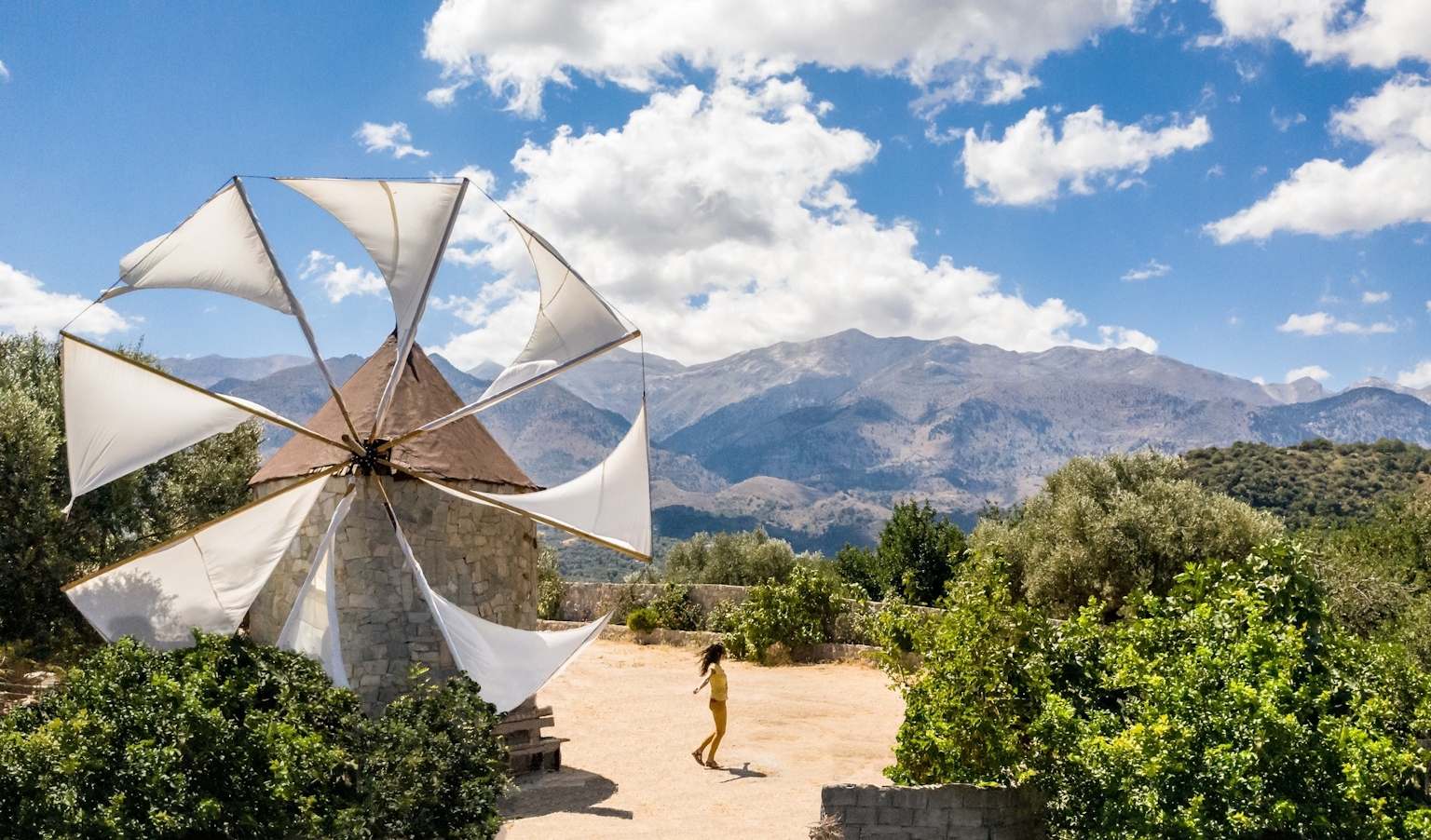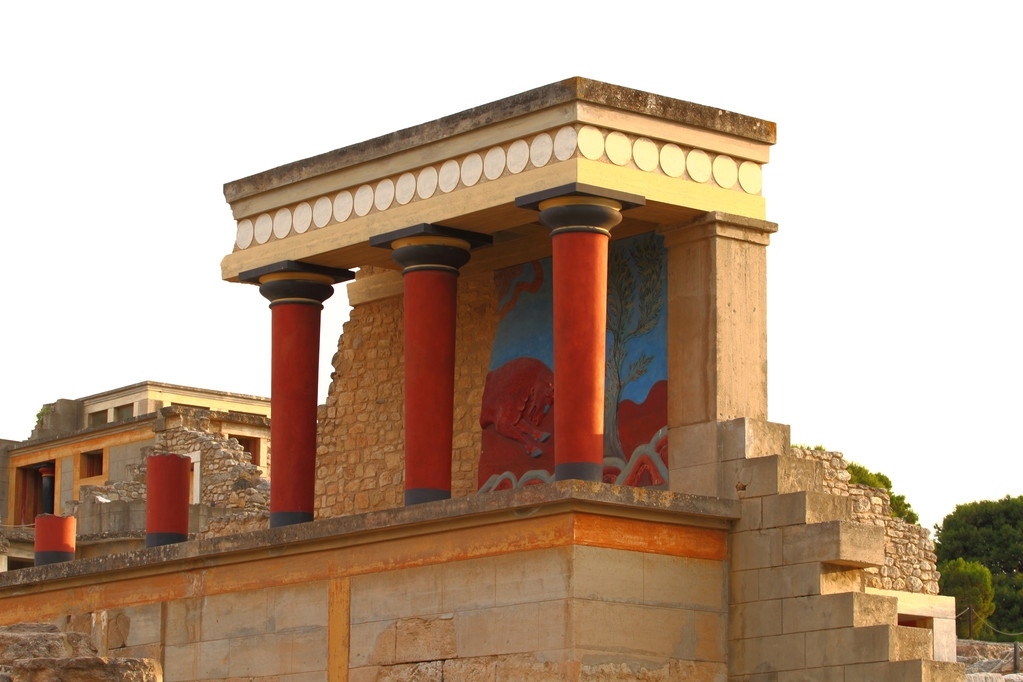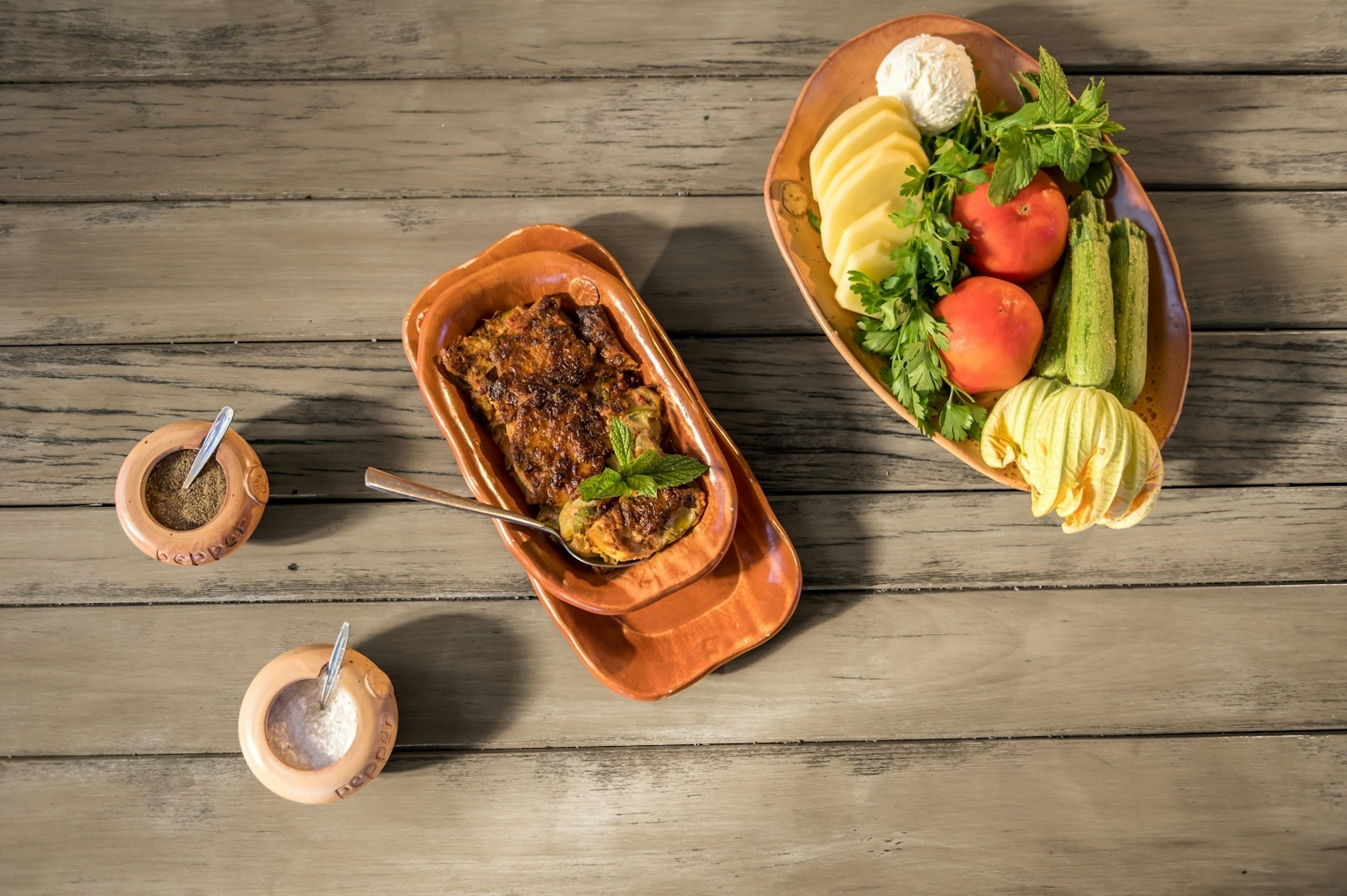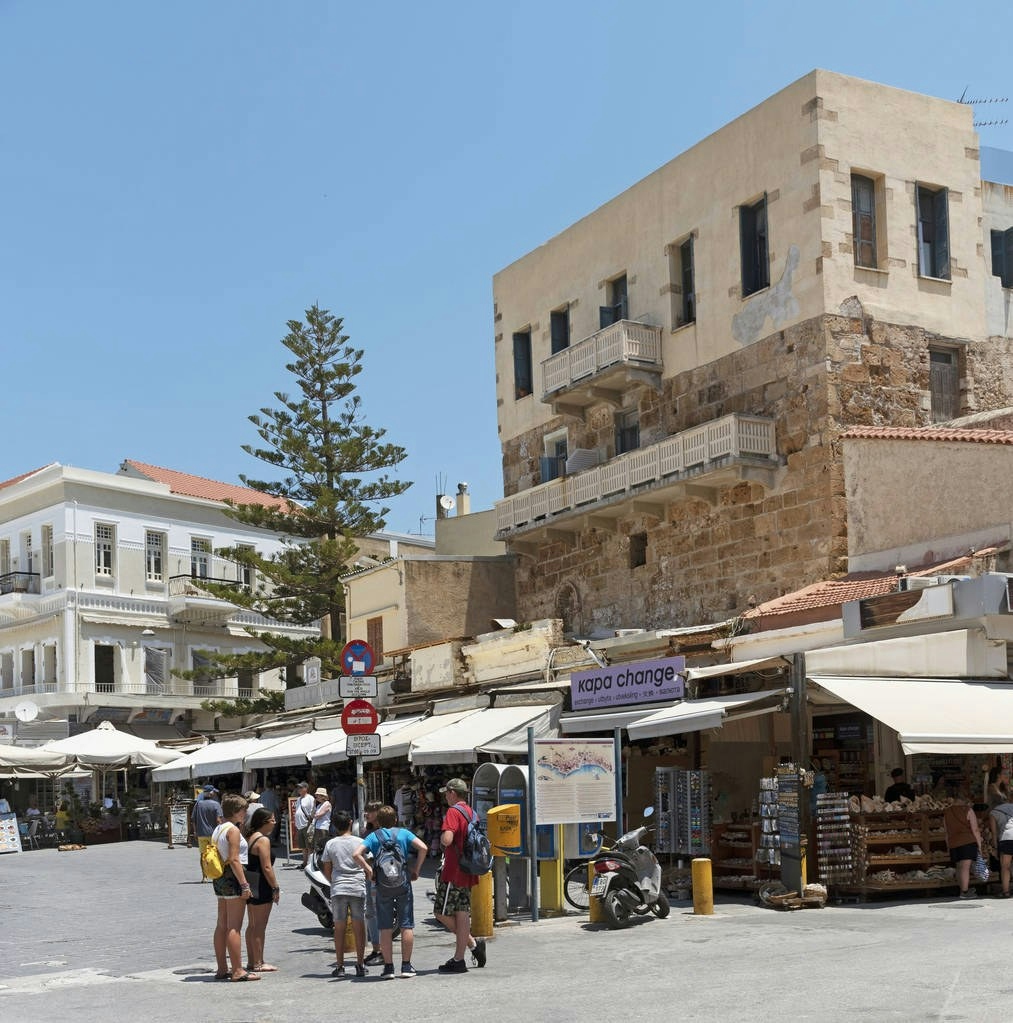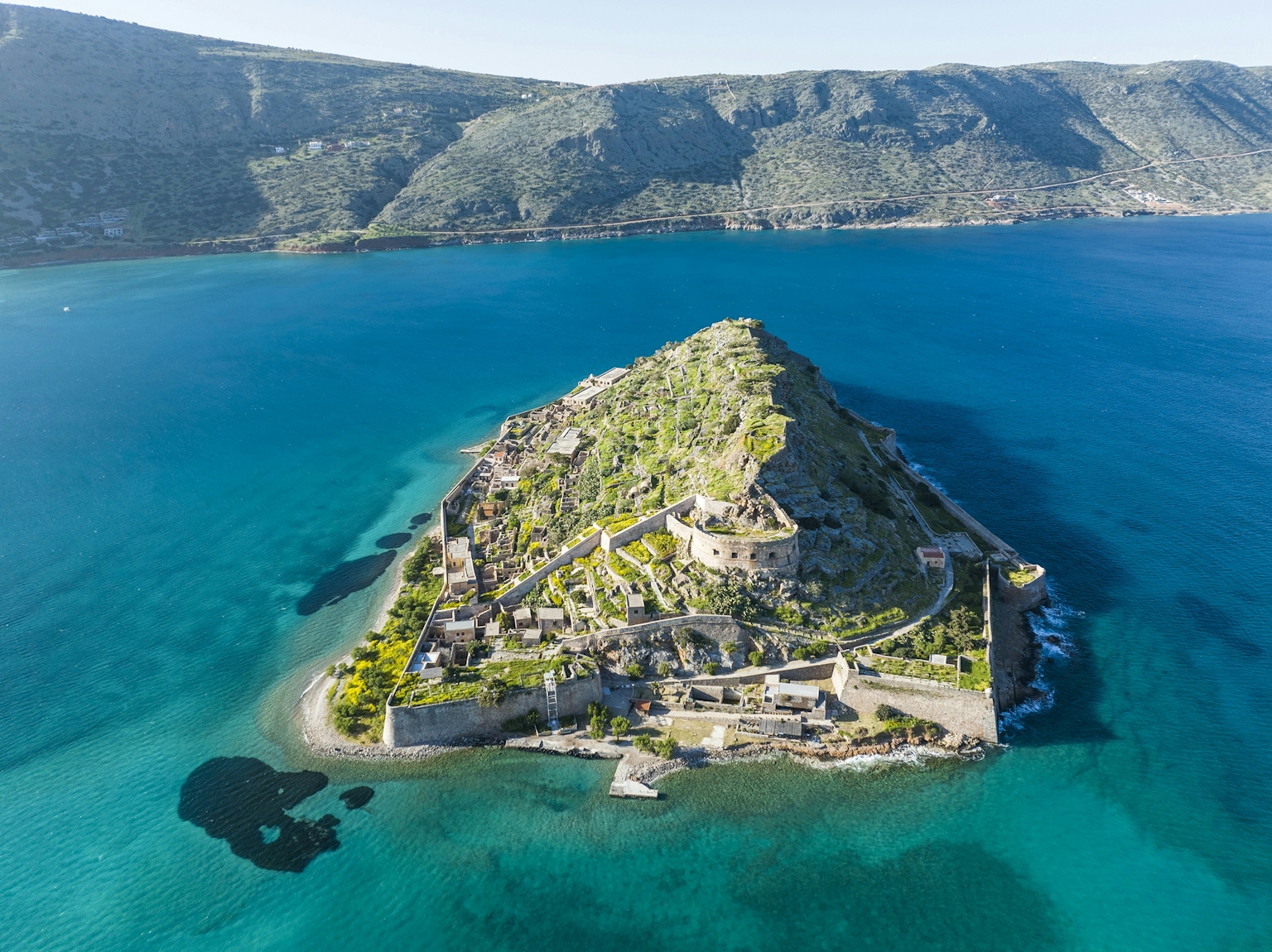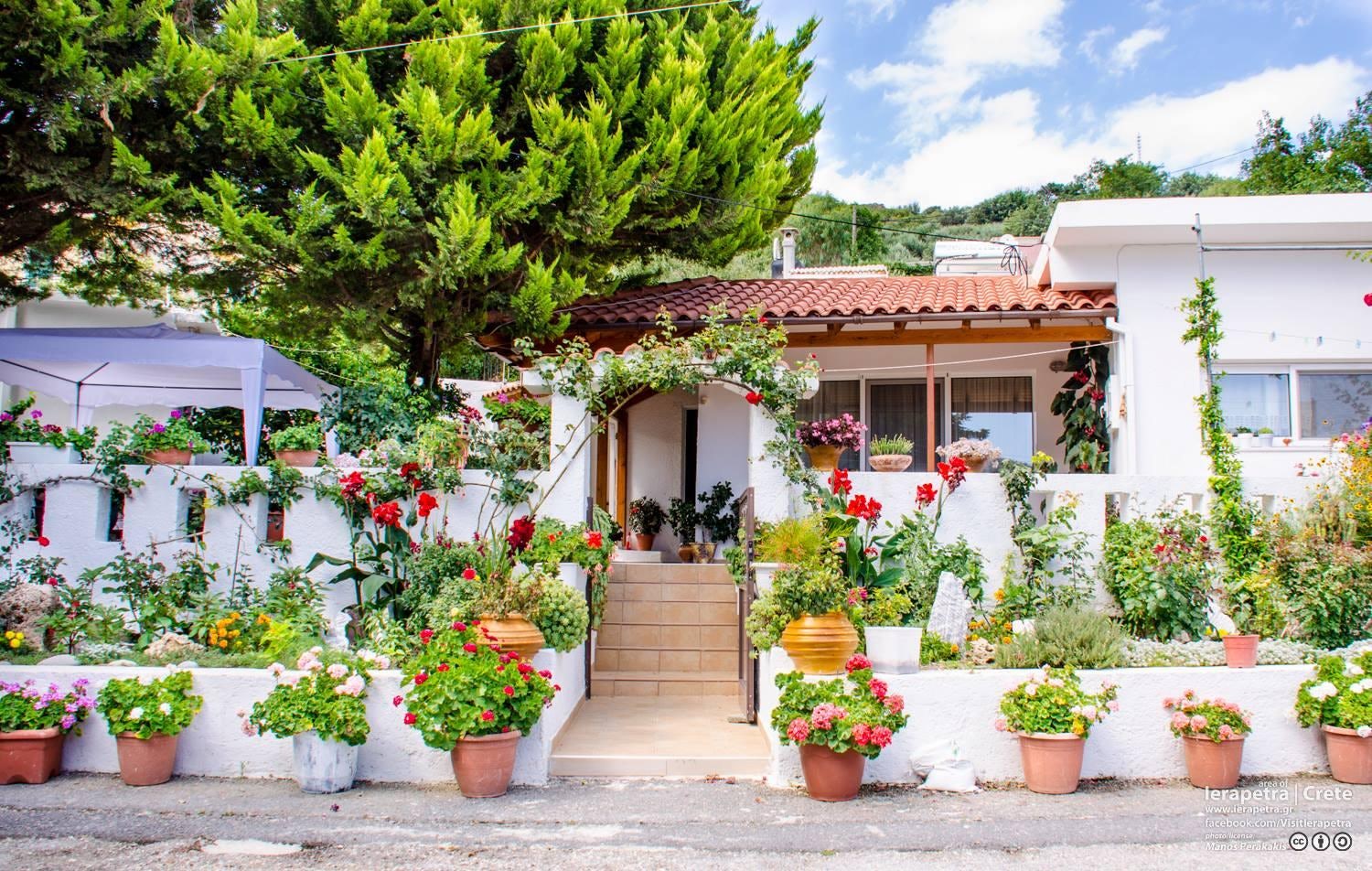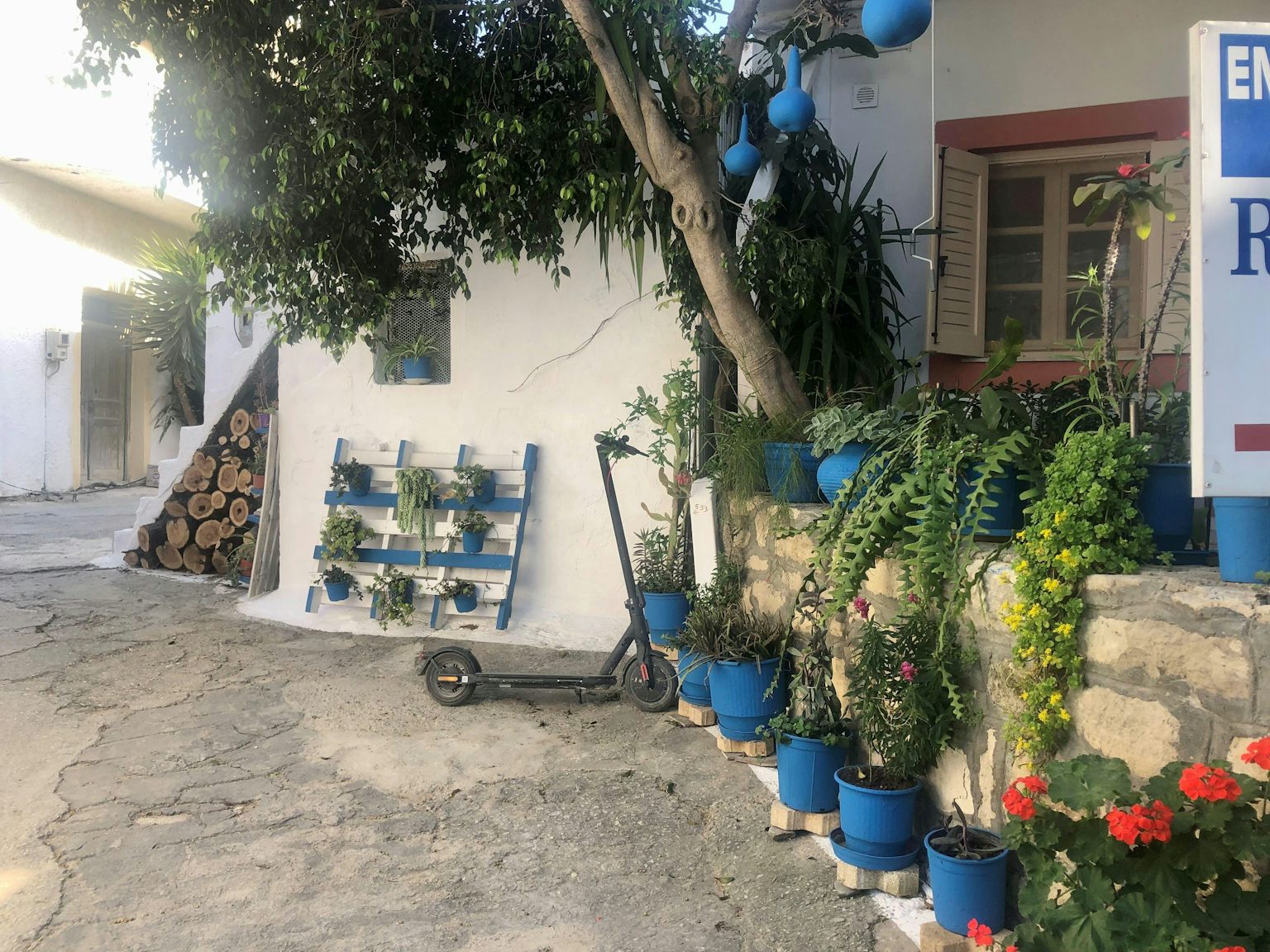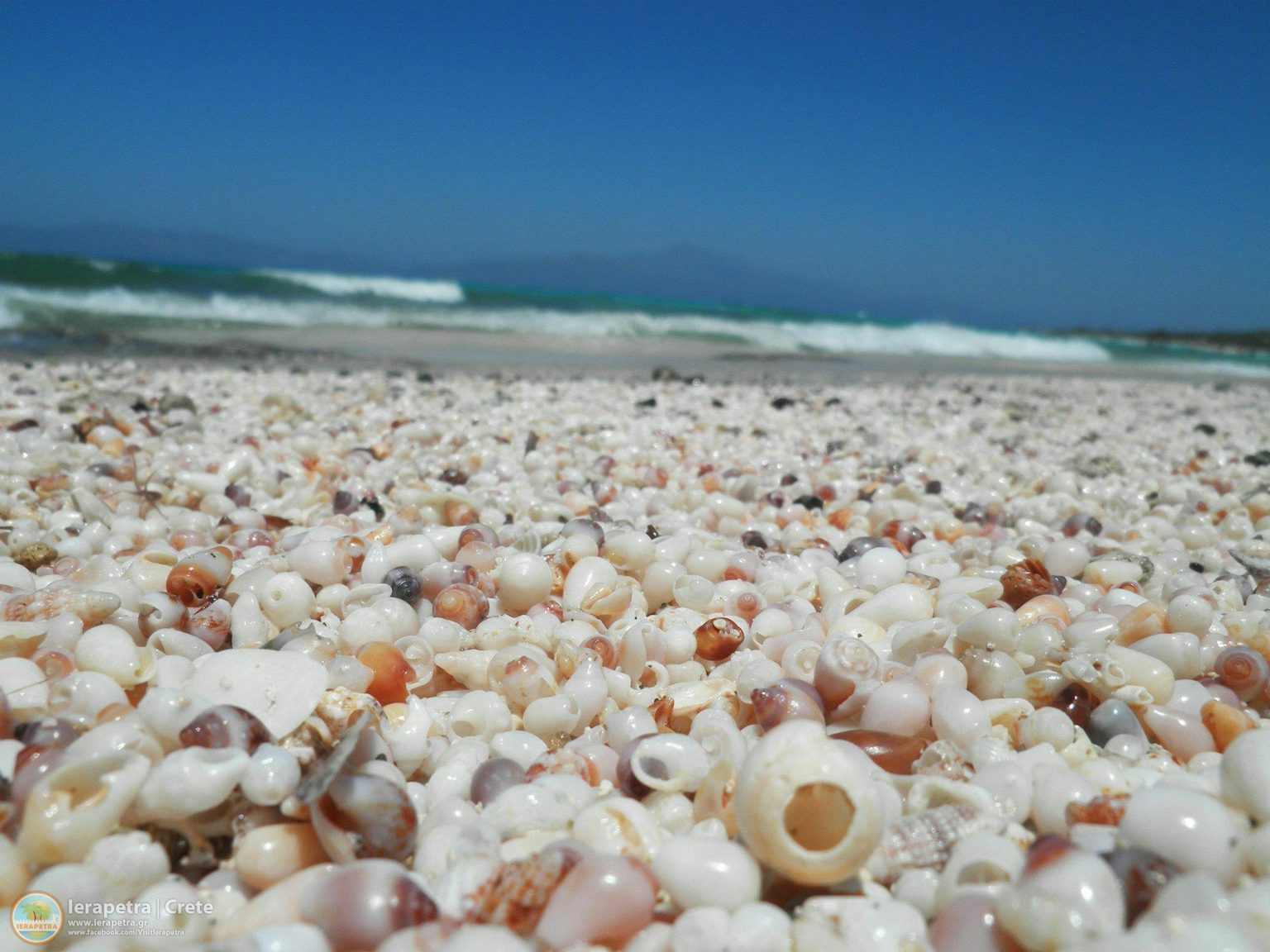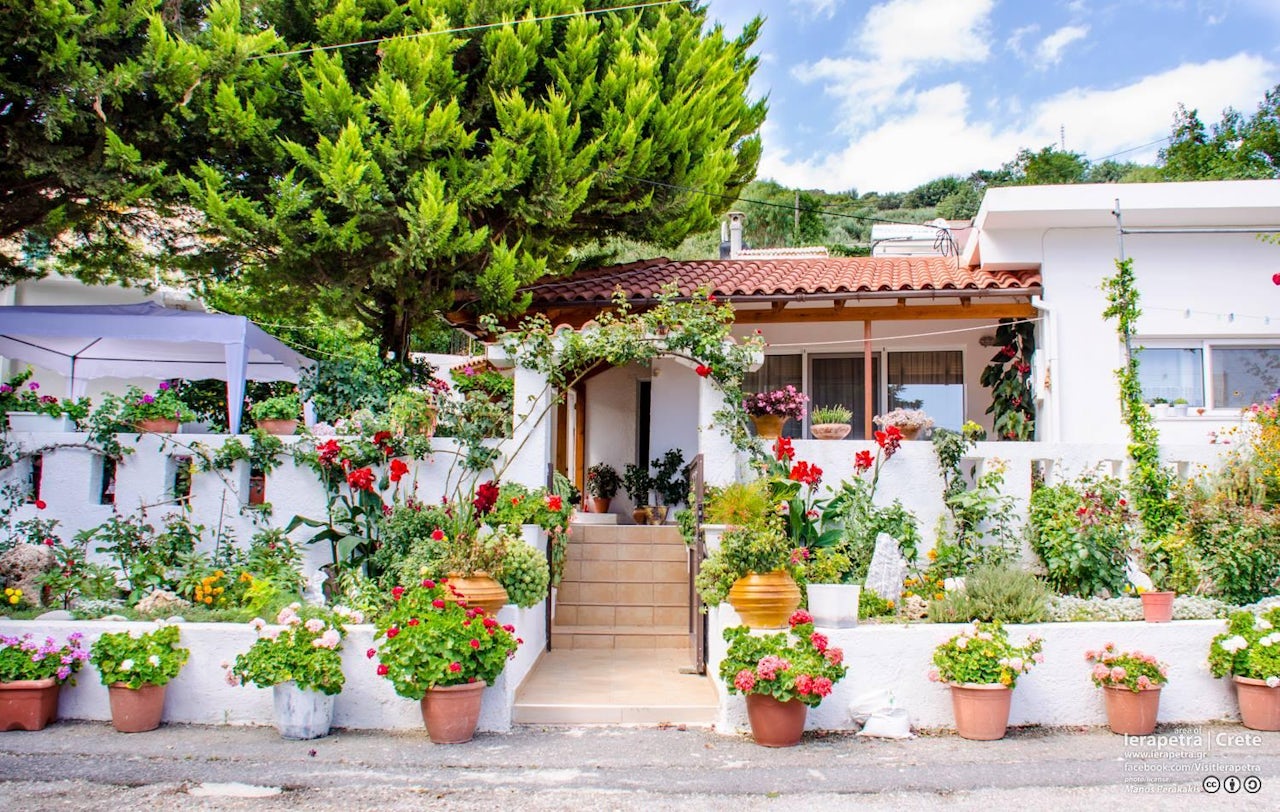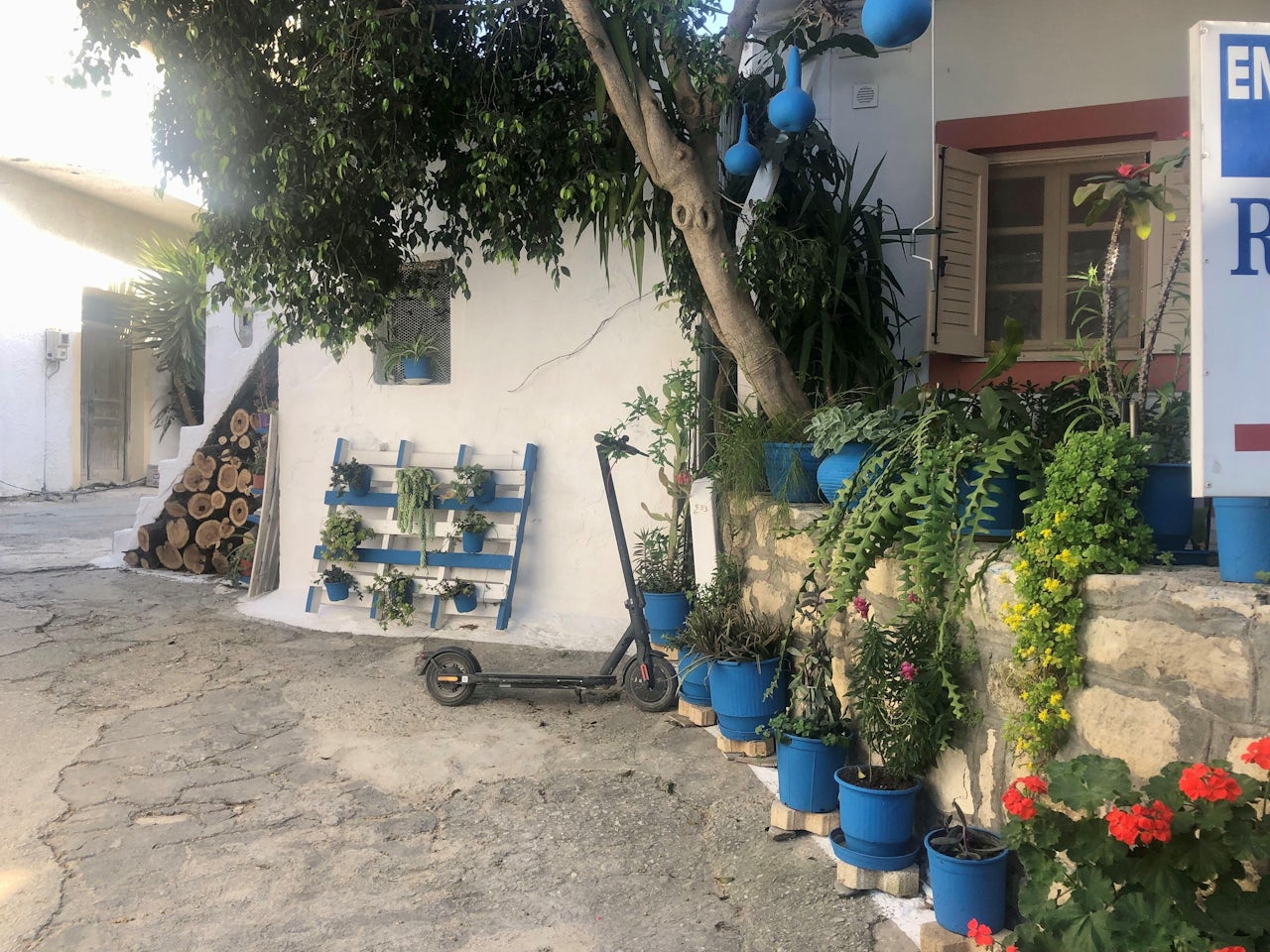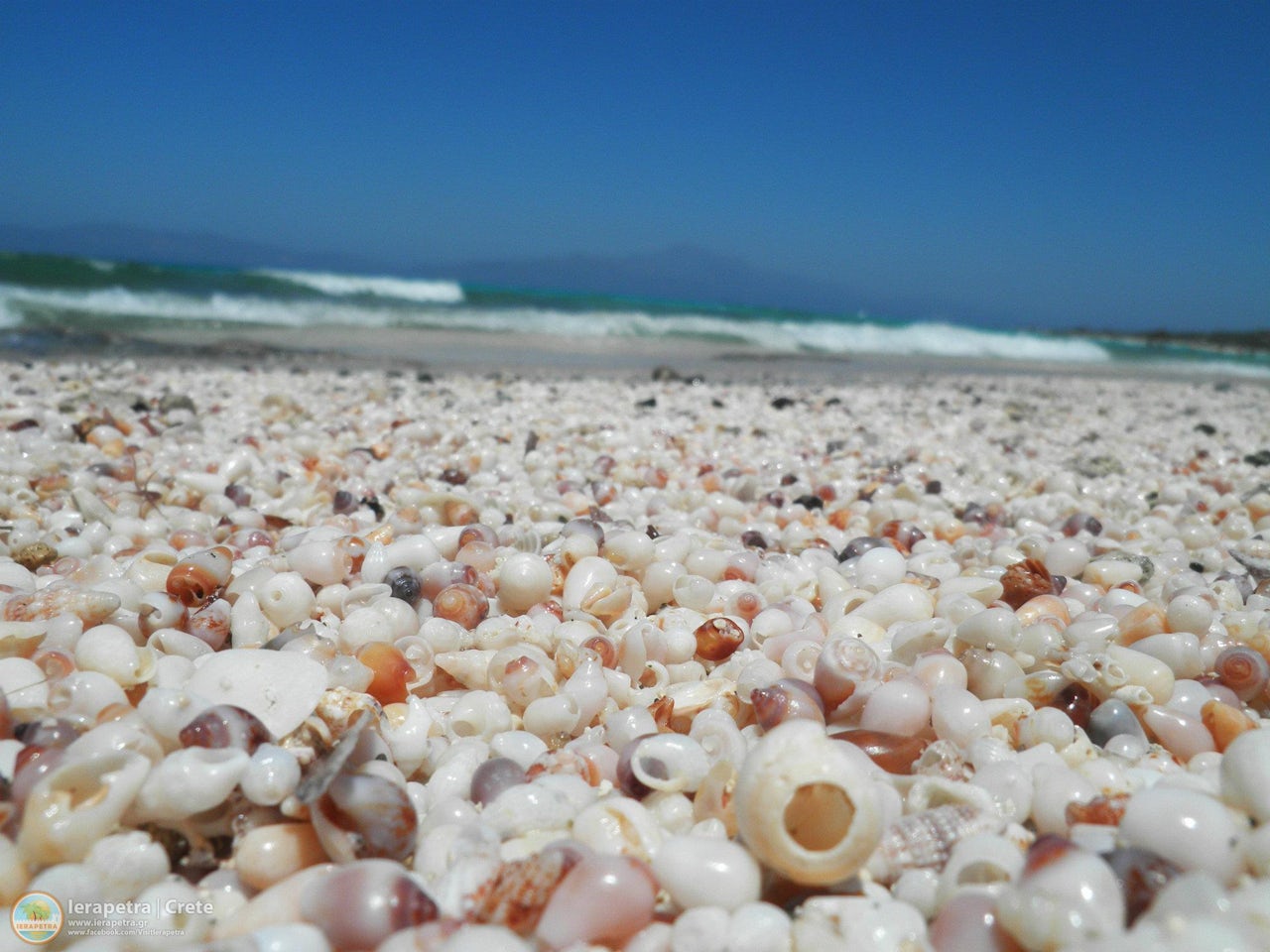Unlocking the Secrets of Crete's Wild Herbs: Wisdom from a 85-Year-Old Teacher
Author Katerina Mylona
Nature & Outdoors
Nature & Outdoors
In the stunning beauty of Crete, you'll discover something delicious: the island's herbs, promising to impart a unique taste to your dishes!
In Crete, being able to recognise which wild herbs are edible essentially constitutes a tradition passed down from generation to generation.
Fennel, the Mediterranean hartwort, along with common sorrel and common sowthistle, are perfect for pies or as side dishes with meat. They're just what you need!
However, a word of caution: If you're unsure how to distinguish them, it's best not to attempt gathering them; there are herbs that should not be consumed.
From generation to generation
On Sunday 14th April 2024, Ergani, the Women's Association of Episkopi, issued a call to anyone interested in participating in their special event titled ‘Nature Outing for Wild Herbs’.
According to Ms Sevasti Krasanaki, the association's spokesperson, this is an annual event held before Easter, taking advantage of the perfect spring weather for such outings.
Elderly women and young girls streamed into the fields of the area, gathering wild herbs. Those from older generations guided the younger ones in distinguishing edible herbs from those that should not be consumed. The secrets shared weren't just about which herbs are suitable for our dishes, but also how to cook them best.
The wild herbs and greens of Crete boast unique aromas and flavours, and if you find yourself on the island, it's essential to sample them in any variation you come across: boiled, in dishes such as fricassee, snails and fennel, or cuttlefish and fennel. The last two are dishes that are irresistible during the Lenten period!
At the event held on Sunday 14th April 2024, around 20 people participated from various areas outside Episkopi, including Heraklion, Kokkini Hani, and Kastelli.
The search for wild herbs took place in the mountains, in pristine areas; the women ventured as far as Smari, with the final stop being Toupaki Hill.
Ms Grammatiki Papadaki, a 95-year-old woman from Episkopi, led the younger participants. She knew the terrain like the back of her hand, precisely aware of where to find what, while the others followed behind her!
Ms Eleftheria Tampakaki was also one of the pioneers in the activity!
Ms Krasanaki admits that the other members of the outing were less initiated into the secrets of Crete's wild herbs. However, they kept their ears and eyes open, absorbing all incoming information like sponges!
In their baskets, they had prepared herb pies; after covering kilometres, and climbing up and down mountains, they set up a special picnic at Toupaki, lit a fire, and roasted whatever Lenten delicacies they had collected!
Ms Krasanaki explains that to gather herbs, one must know very well which are edible; otherwise, it's a risky move! That's why passing on knowledge from generation to generation is crucial.
For the past decade, the association has been diligently organising similar activities, all with the aim of preserving cultural traditions and local gastronomy. In the villages of Episkopi and its surroundings, something truly beautiful is unfolding with remarkable fervour: the essence of what's worth preserving is kept vibrant, as the older generation engages with the younger ones, ensuring that the cherished customs endure.
Painting Eggs Red
On Palm Sunday, 28th April 2024, the association members will dye eggs red using natural methods, utilising dyer's madder and onions
Episkopi Ergani Women's Association

An Abundance of Churches in Episkopi
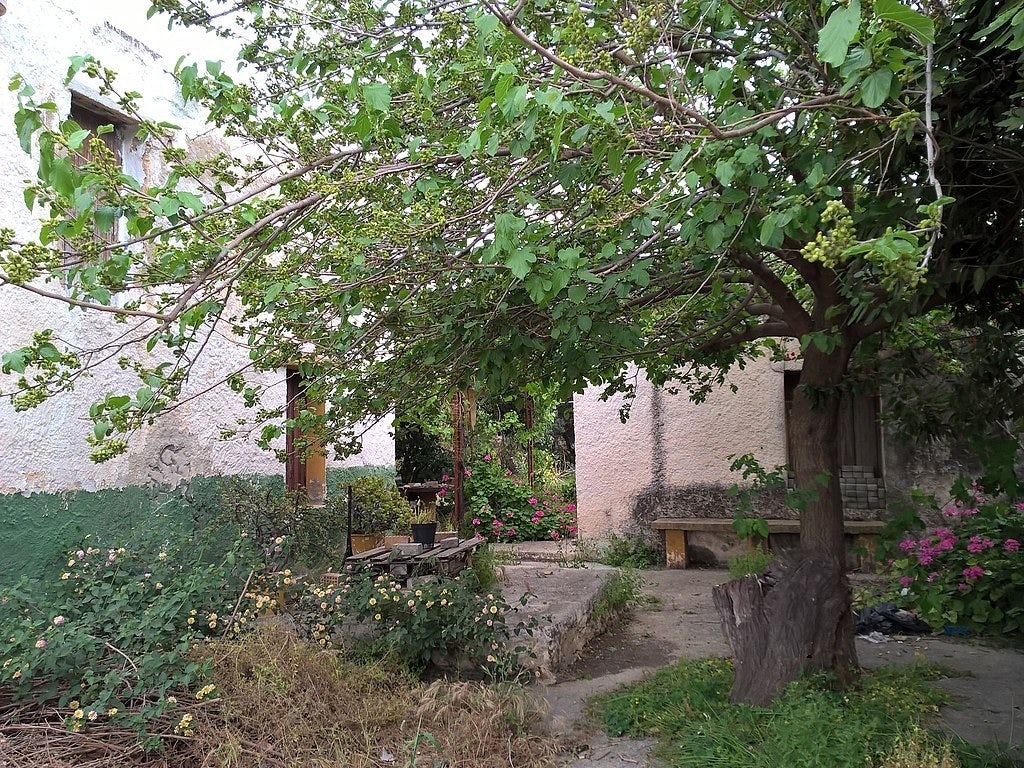
Swimming in Kokkini Hani: Overlooking Dia
Related news
